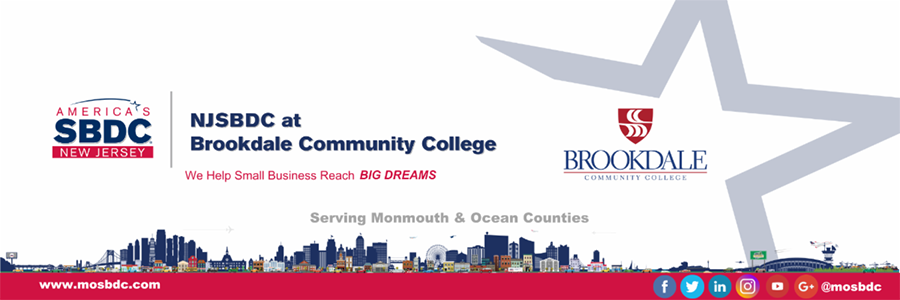
Fundraiser seeks to help homeless veterans
February 28, 2019Master Gardeners offer scholarships
March 6, 2019By Neil Schulman
Long Branch — City officials said they weren’t necessarily happy with the deal, but are legally obligated to grant $5 million in redevelopment area bonds (RABs) to the developer of the downtown Broadway project. However, officials say the project should take less time than originally planned.
At the Feb. 27 City Council meeting, council introduced ordinances to issue $5 million in RABs to Broadway Partners Urban Renewal Associates, the group who will be developing downtown Broadway between Second Avenue and Memorial Parkway, and setting up an “annual service charge” instead of taxes that will last 30 years.
Mayor John Pallone, and the five members of council, had run together as a team last year with a platform that included not giving tax breaks to developers.
But City Attorney Louis Rainone said that the ordinances introduced tonight were part of a deal that goes back at least two years to the previous administration, and not completing it could have major consequences.
“In reality, this was kind of a multi-stage transaction,” he said.
When that agreement started, Broadway Partners paid the city $1.2 million, and about 18 months ago paid another $900,000, Rainone said.
“There are consequences to not approving this ordinance,” Rainone said. Those include having to repay the money, which has already been spent, and that would likely be “a prelude to the city being sued.”
It would also mean the project would be cancelled — which includes major road work to make Broadway easier to navigate for cars and pedestrians, about 100,000 square feet of retail and 590 rental units of housing, as well as two parking garages.
Nor, Rainone said, could Long Branch just leave it empty and use it for summer parking like the last two years. “The majority of it is not owned by the city.”
The city did, however, arrange some concessions in return for the RABs. The project was originally scheduled to take place over four phases, and the first two will now be done simultaneously. Phase I consists of improvements to Broadway, 166 residential units and 28,000 square feet of retail. Phase II includes 173 units and another roughly 20,000 square feet of retail.
This means that Phase III, which includes a parking garage and affordable housing, will be constructed sooner too.
“I don’t think anybody’s feeling great about this, but in the end you’ll get the project,” Rainone said.
As part of the agreement, rather than paying standard property taxes, the developer will pay an annual service charge for Phase I (where the RABs will help finance the street improvements). For the first seven years this will be 7.5 percent of the annual gross revenue of the Phase I project, growing to up to 80 percent of the calculated property taxes or 11 percent of the annual gross revenue, whichever is greater, for the last five years.
Tax abatements have proven controversial around the state because the revenue for them goes almost exclusively to the municipality, with a bit going to the county. Since school taxes are calculated separately, people say the abatements can hurt education, or place an unfair burden on other residents’ school taxes.
Council President Rose Widdis said that the Board of Education was aware of this. “Mayor (John) Pallone, myself, (Councilman) Bill Dangler, met with the board of education last month,” she said. “They are well aware of our plans.” Dangler and Widdis served on the board before being elected to council last year.
Pallone has previously said the city will tax abatements granted by the past administration, but is not going to allow any new ones.
“Since (taking office) July 1, we have had several informal discussions… from developers who were interested in a tax abatement,” Pallone said. “We’ve made it clear that is not an option.”
He also said the agreement to combine Phases I and II will bring more affordable housing to the city much more quickly, as originally there was a “five or six year timeline.”




